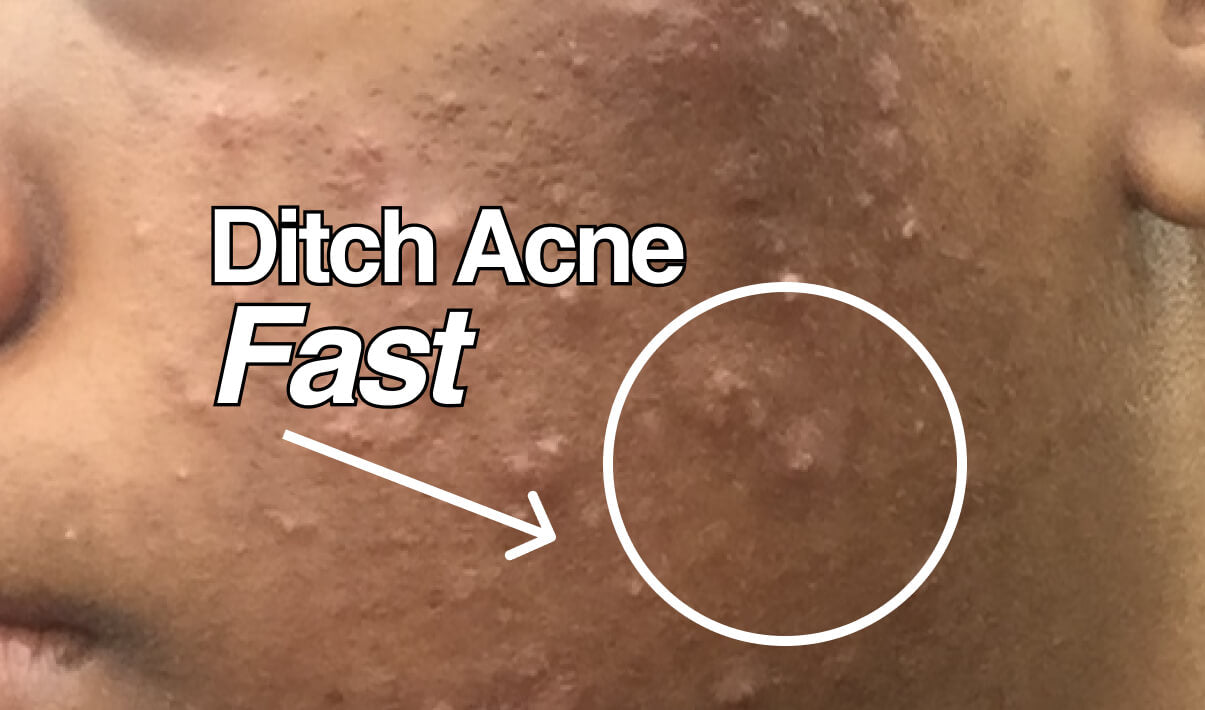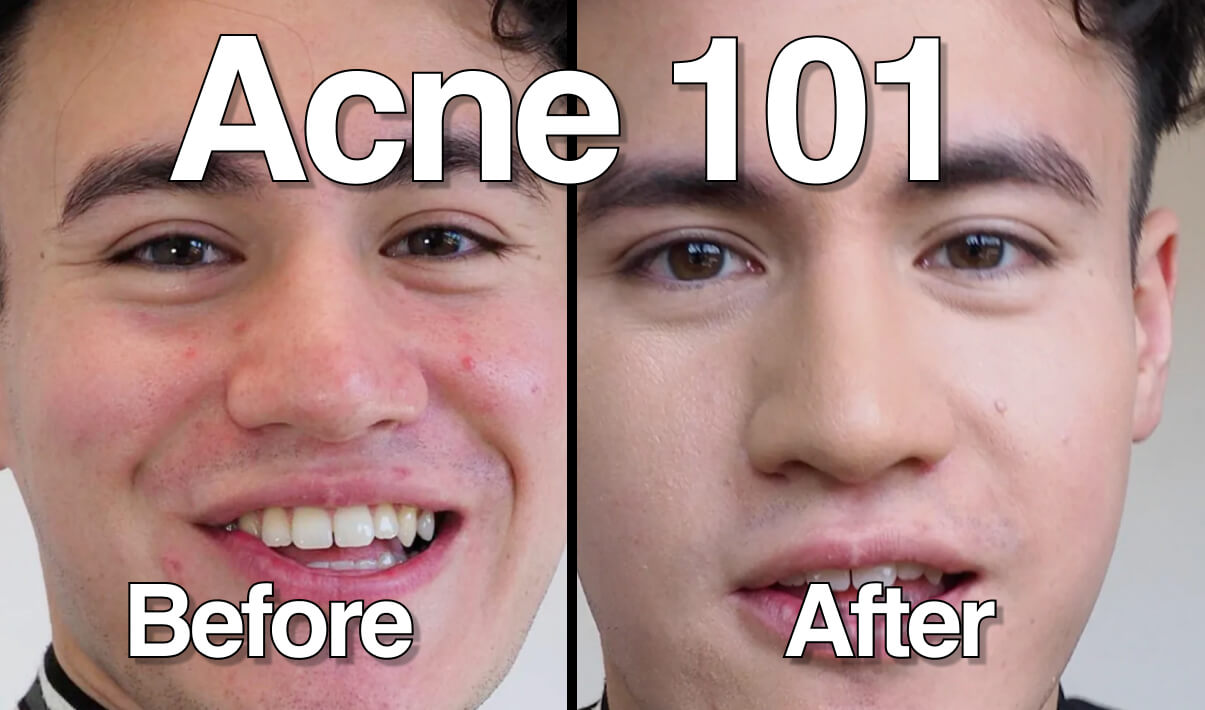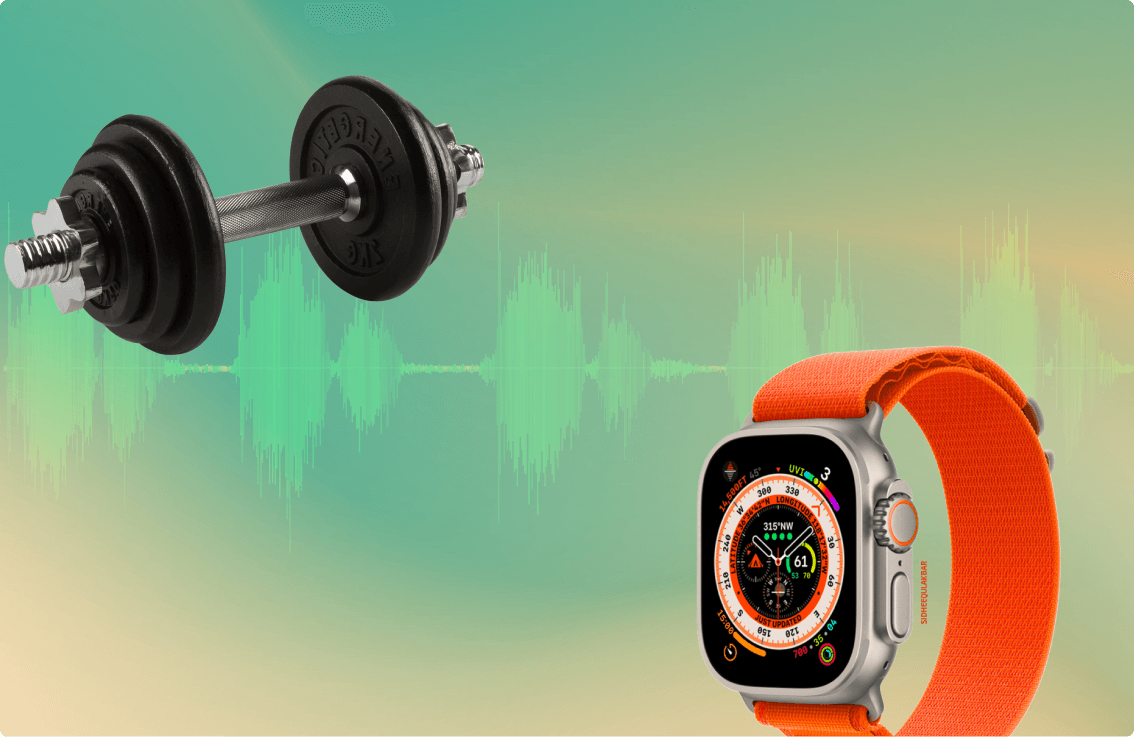Acne is a common skin condition that affects millions of people worldwide, from teenagers to adults. While the exact causes of acne are still not fully understood, it is believed that hormones play a significant role in its development. In particular, the male hormone testosterone has been linked to the onset and severity of acne. In this post, we'll explore the relationship between testosterone and acne and how you can manage this condition.
What is Testosterone?
Testosterone is a hormone that is primarily produced in the testicles in men and the ovaries in women. It plays a vital role in the development of male reproductive tissues such as the prostate and testes, as well as promoting secondary sexual characteristics such as muscle mass, body hair, and deepening of the voice. Testosterone is also present in women, albeit in much smaller quantities, where it helps regulate the menstrual cycle and maintain bone density.
How Testosterone Affects the Skin
- Sebum Production: Testosterone affects the skin in several ways, including stimulating the production of sebum, a type of oil that lubricates the skin and hair. Sebum production is essential for maintaining healthy skin, but excessive sebum production can clog pores and lead to the development of acne.
- Skin Thickness: In addition to stimulating sebum production, testosterone also promotes the growth of skin cells, leading to thickening of the skin. This thickening can cause pores to become blocked, trapping sebum and other substances inside and leading to the formation of acne lesions.
The Role of Hormonal Imbalance in Acne
Hormonal imbalances, particularly an excess of testosterone, can lead to the development of acne. This is why acne is more common in teenagers and young adults, as they experience a surge in testosterone levels during puberty. However, hormonal imbalances can affect people of all ages, including women who may experience acne during pregnancy, menstruation, or menopause.
Other factors that can contribute to hormonal imbalances include stress, lack of sleep, poor diet, and certain medications. These factors can disrupt the delicate balance of hormones in the body, leading to the overproduction of testosterone and other hormones that can trigger acne.
Managing Testosterone-Related Acne
If you are experiencing acne related to testosterone, there are several steps you can take to manage this condition. These include:
- Consulting a dermatologist: If your acne is severe or persistent, you may want to consult a dermatologist. They can prescribe topical or oral medications that can help manage acne, including medications that regulate hormones like testosterone. Isotretinoin (commonly known as Accutane) is only one of the many options that dermatologists can provide.
- Practicing good skincare: This includes washing your face twice a day with a gentle cleanser or Zit Wipes and avoiding harsh scrubs or exfoliants that can irritate the skin. For non-cystic acne, our Skintone Acne Treatment is a great option to immediately hide acne while treating it with Salicylic Acid.
- Avoiding triggers: Certain foods, such as dairy and sugary foods, have been linked to acne. Avoiding these foods can help reduce the severity of acne.
- Managing stress: Stress can trigger hormonal imbalances that can lead to acne. Practicing stress-management techniques such as meditation, yoga, or deep breathing can help reduce stress levels and improve the overall health of your skin.
TL;DR
While testosterone plays a vital role in the development of male sexual characteristics, it can also contribute to the development of acne. Hormonal imbalances, particularly an excess of testosterone, can lead to the overproduction of sebum and the formation of acne lesions. However, by practicing good skincare, avoiding triggers, managing stress, and consulting a dermatologist, you can manage testosterone-related acne and maintain healthy, clear skin.







